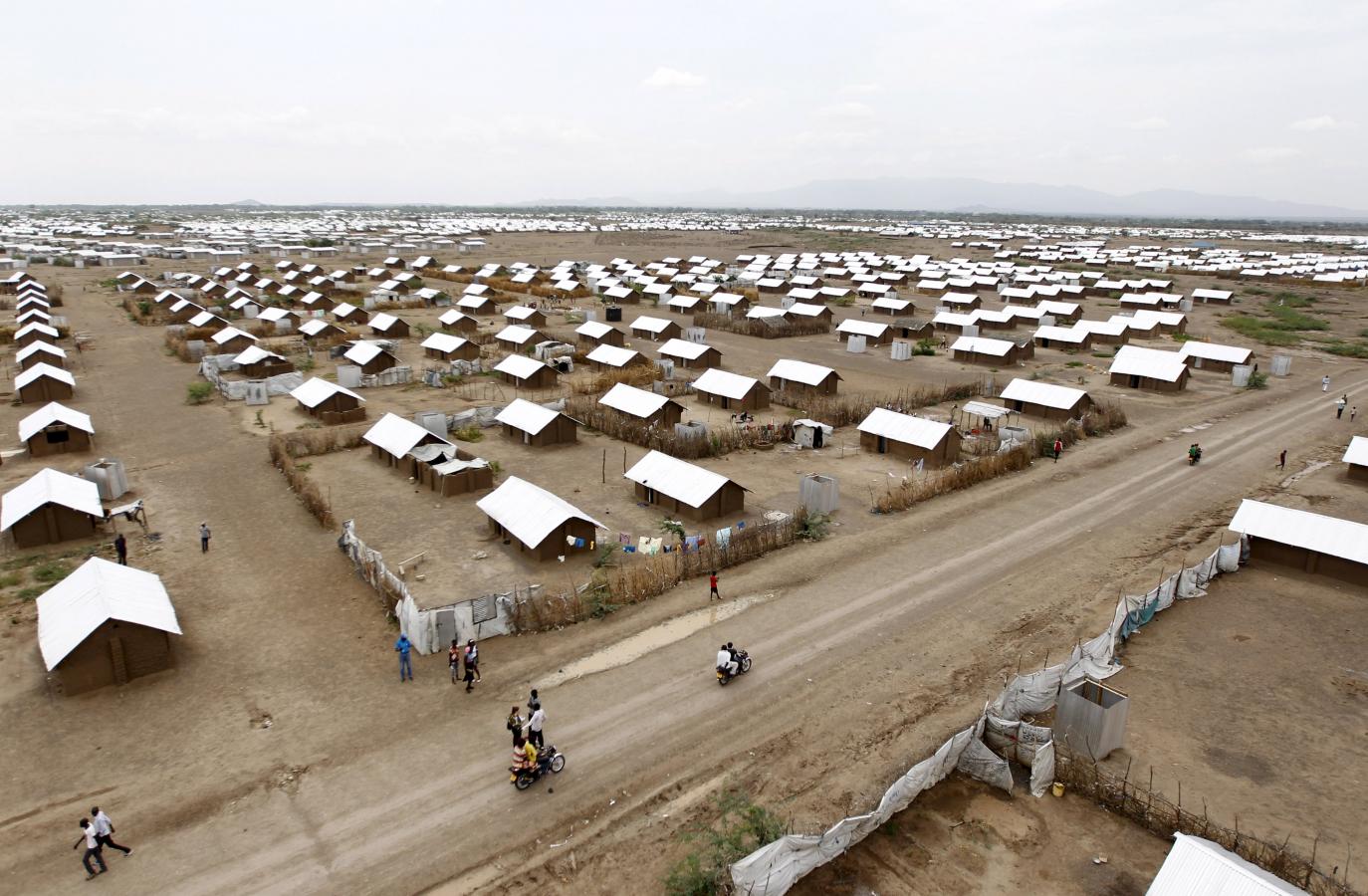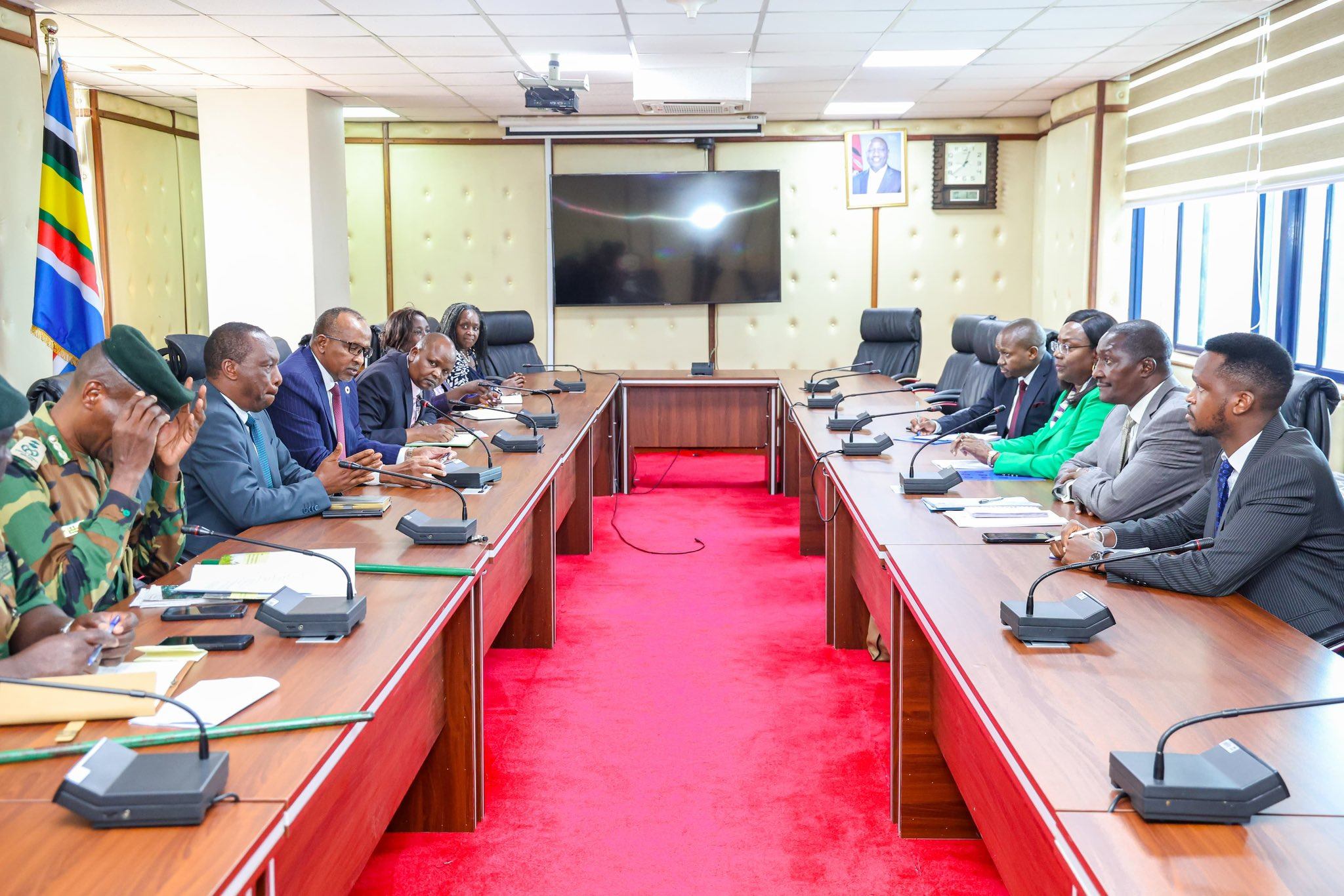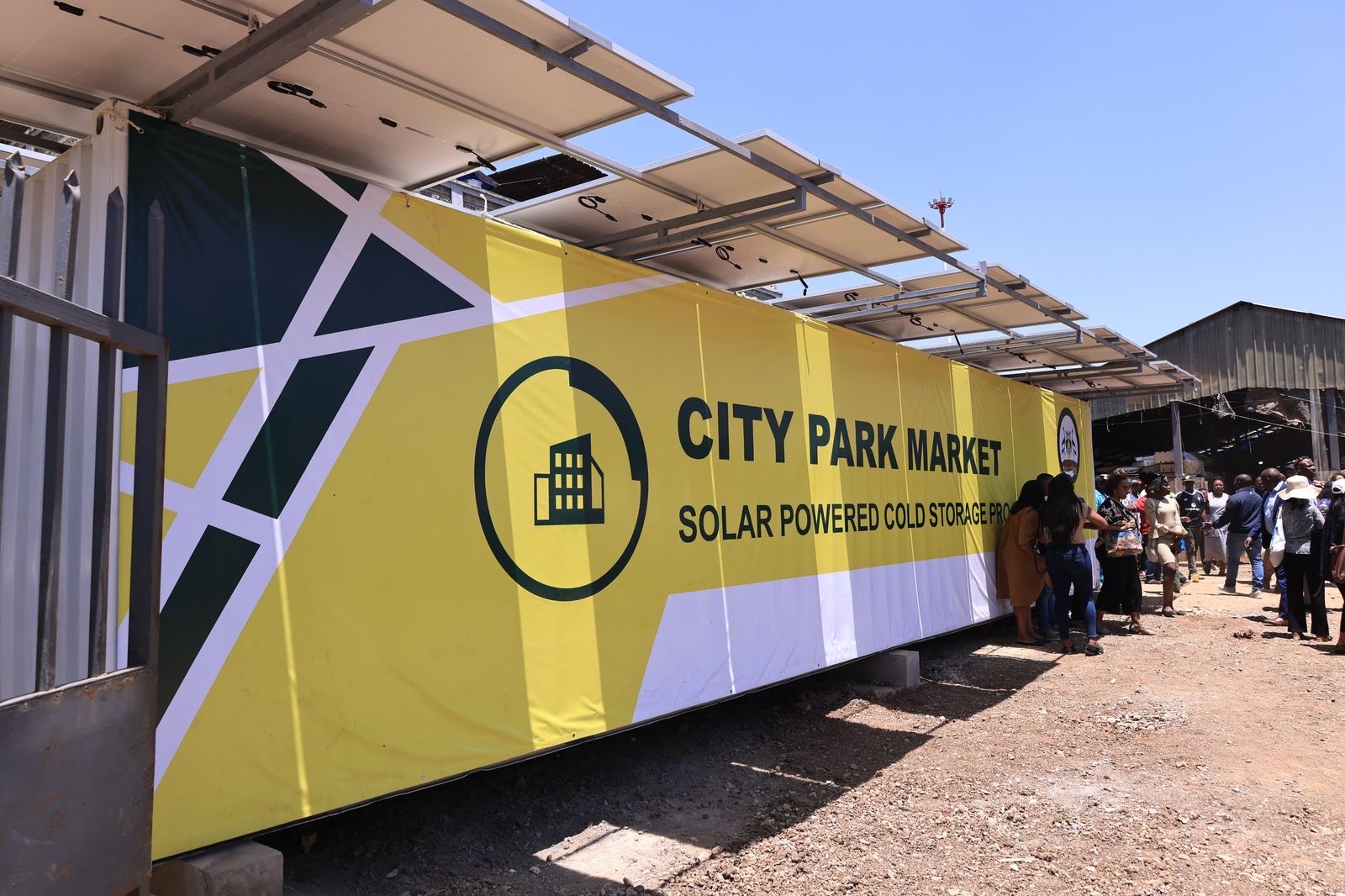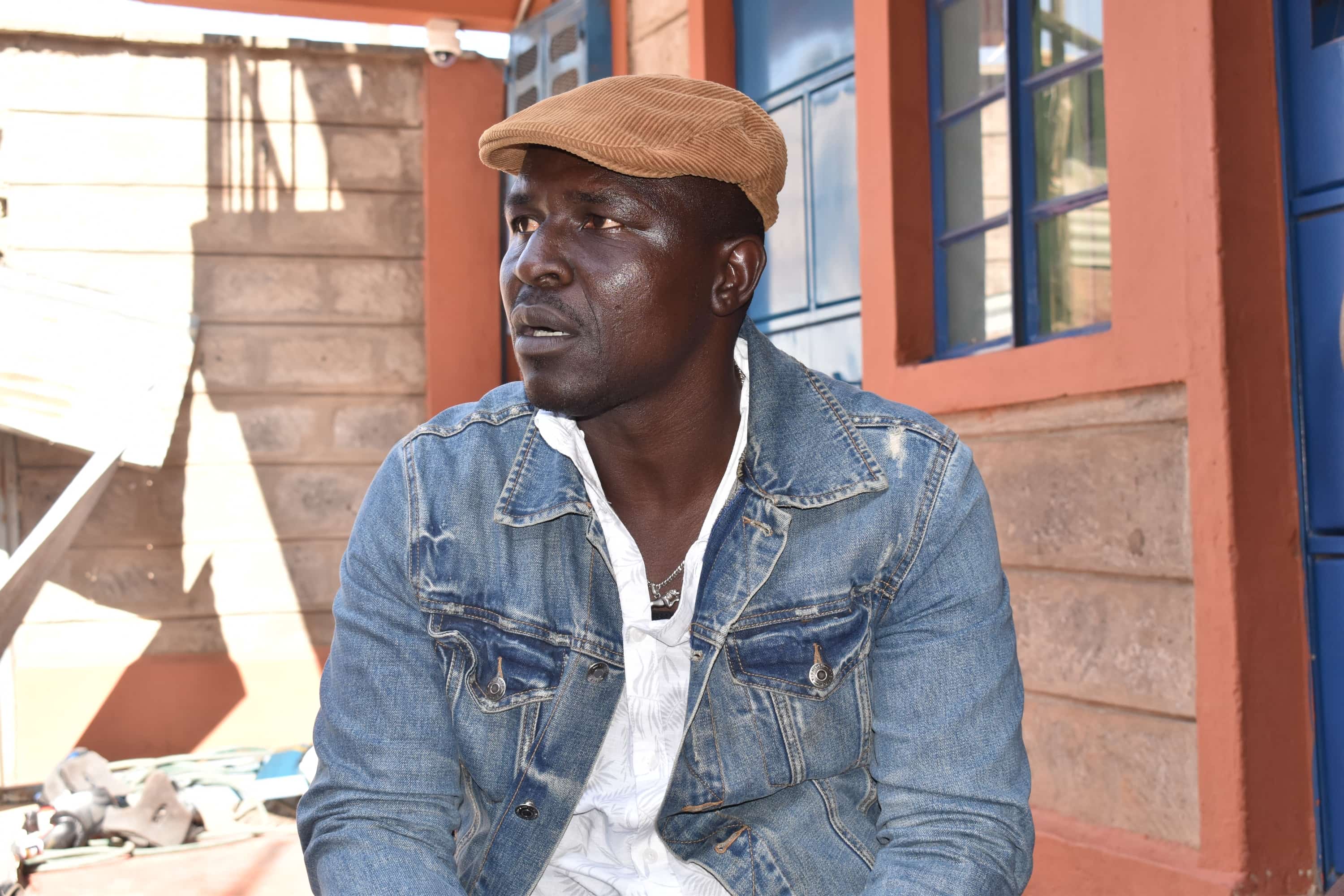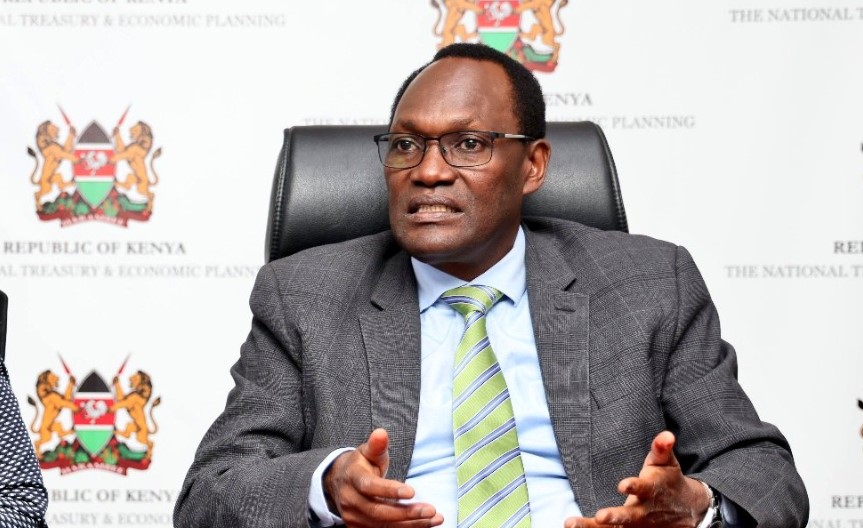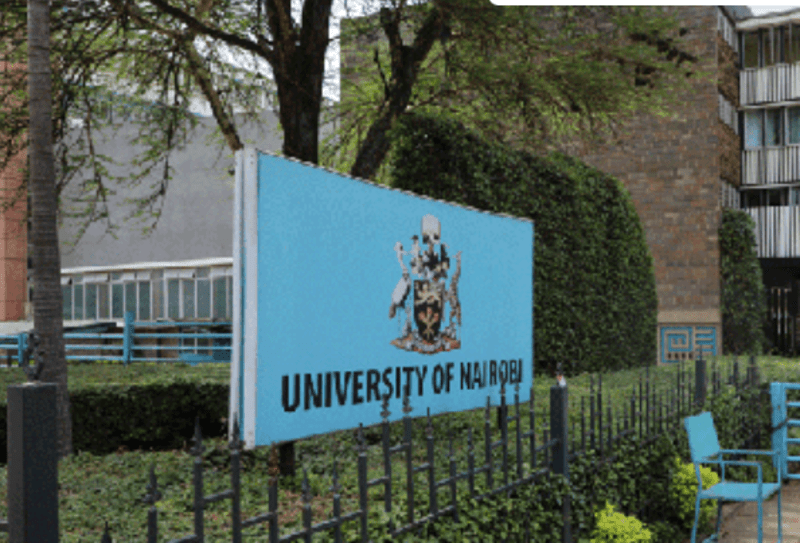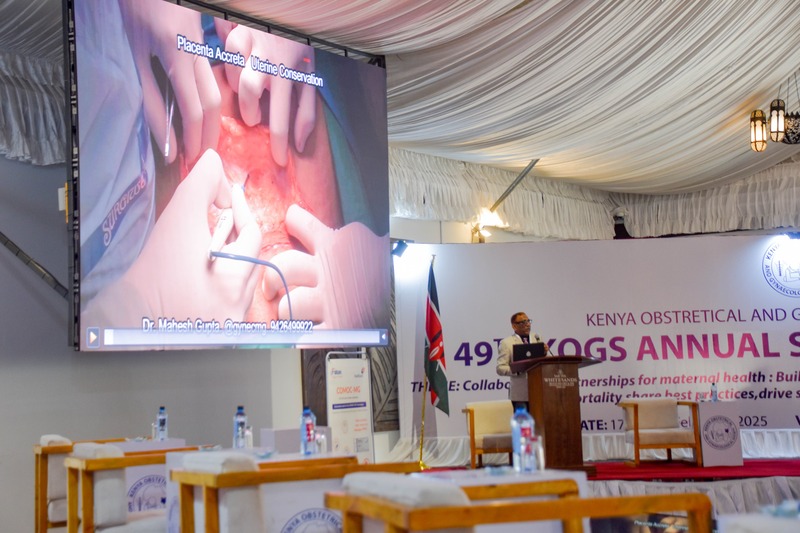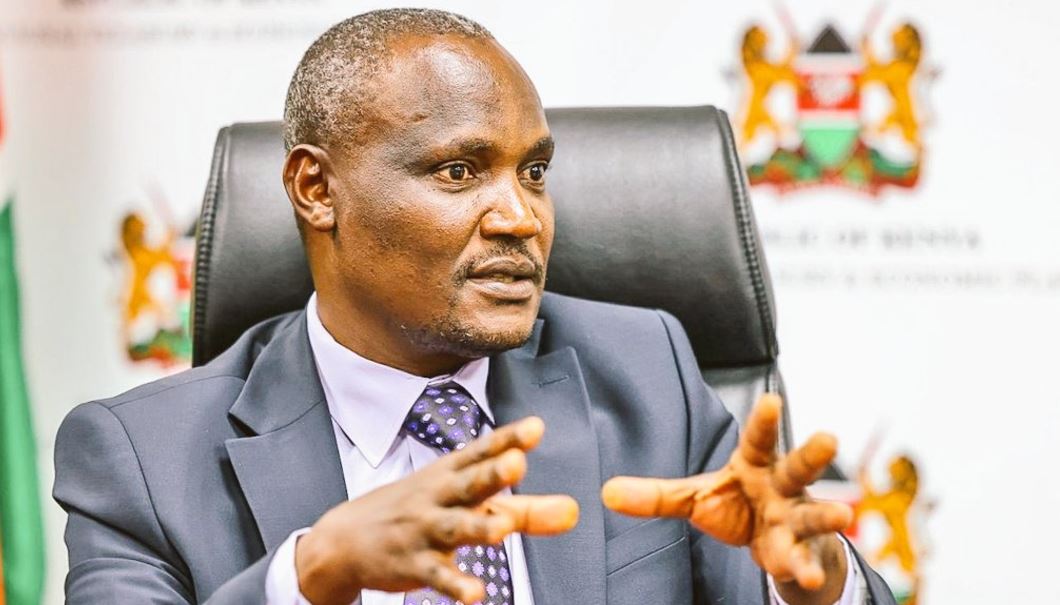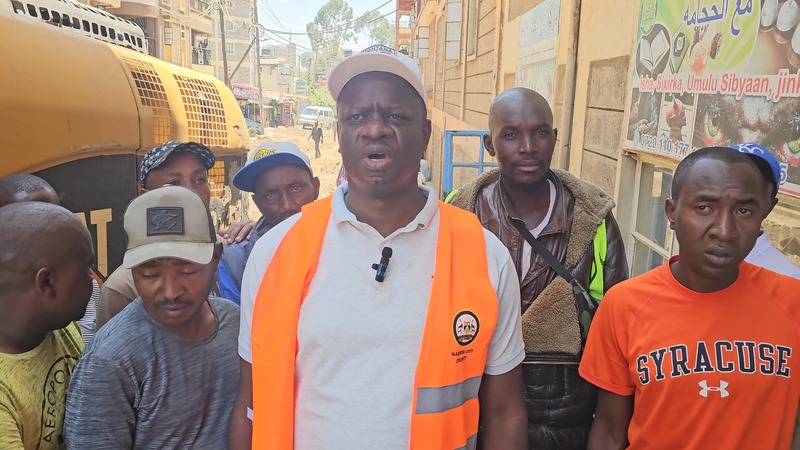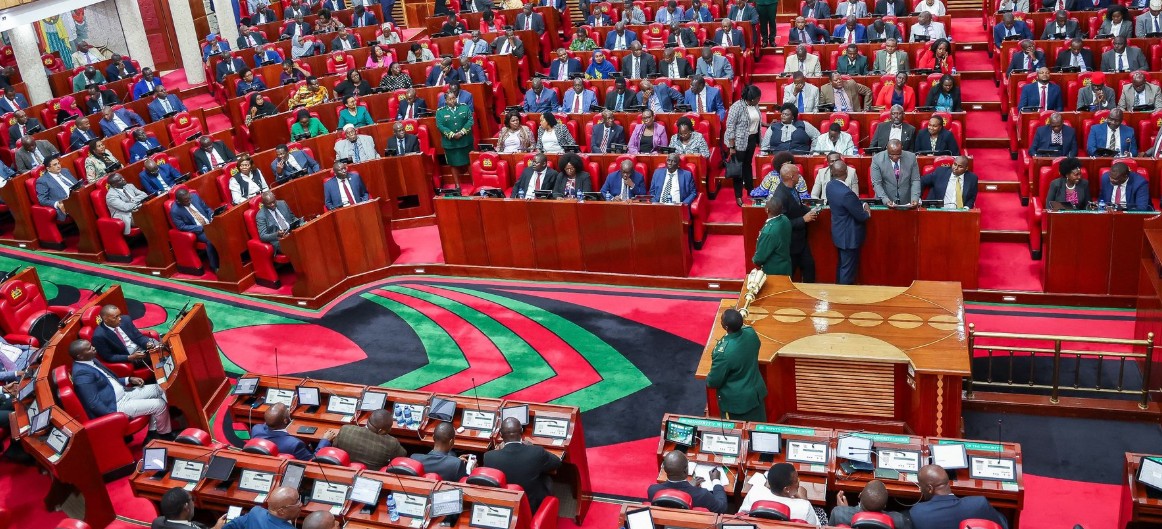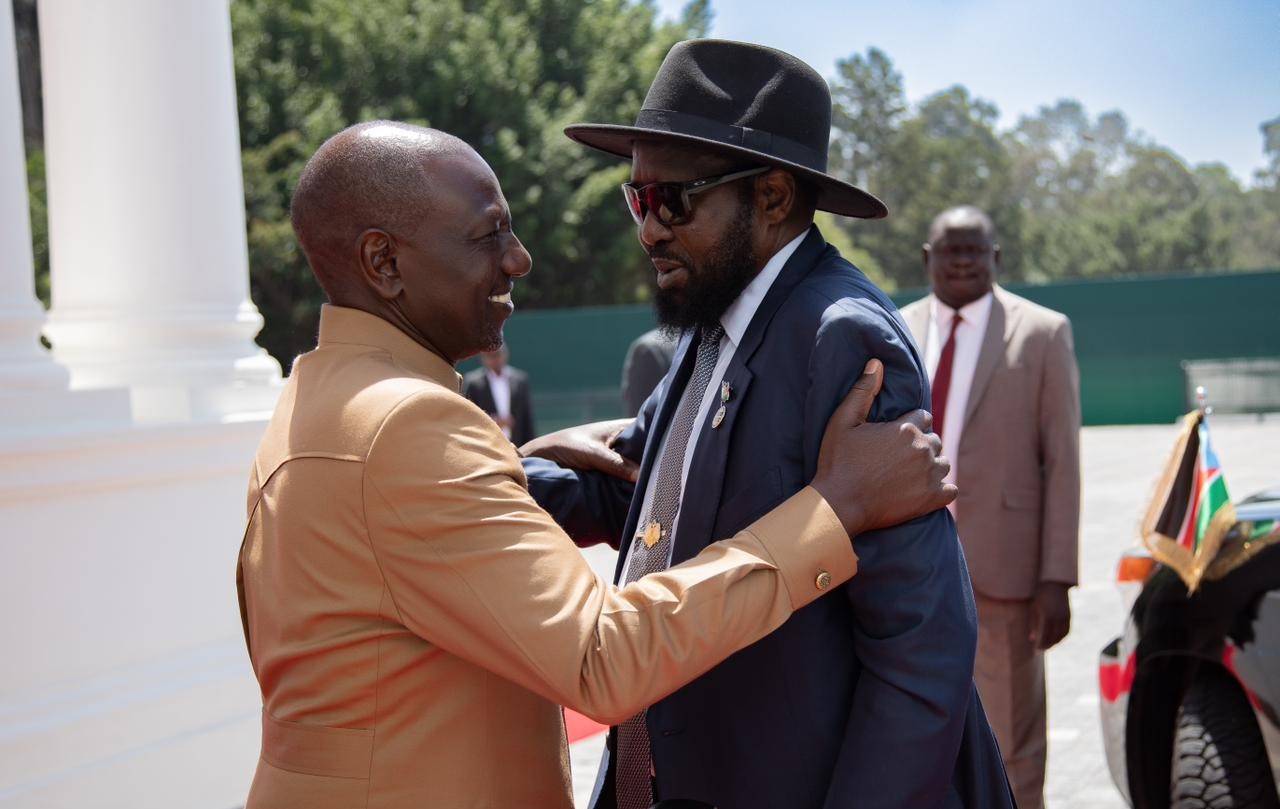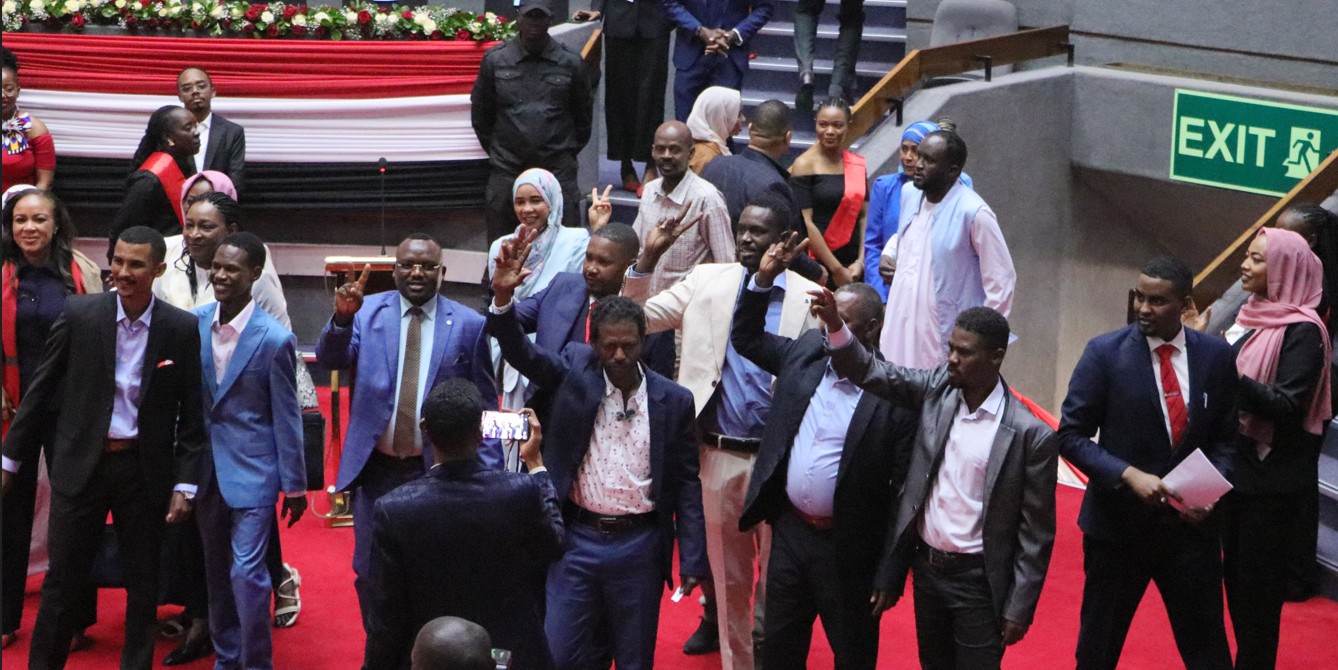Police push for change in law to bar demonstrators from being noisy during protests
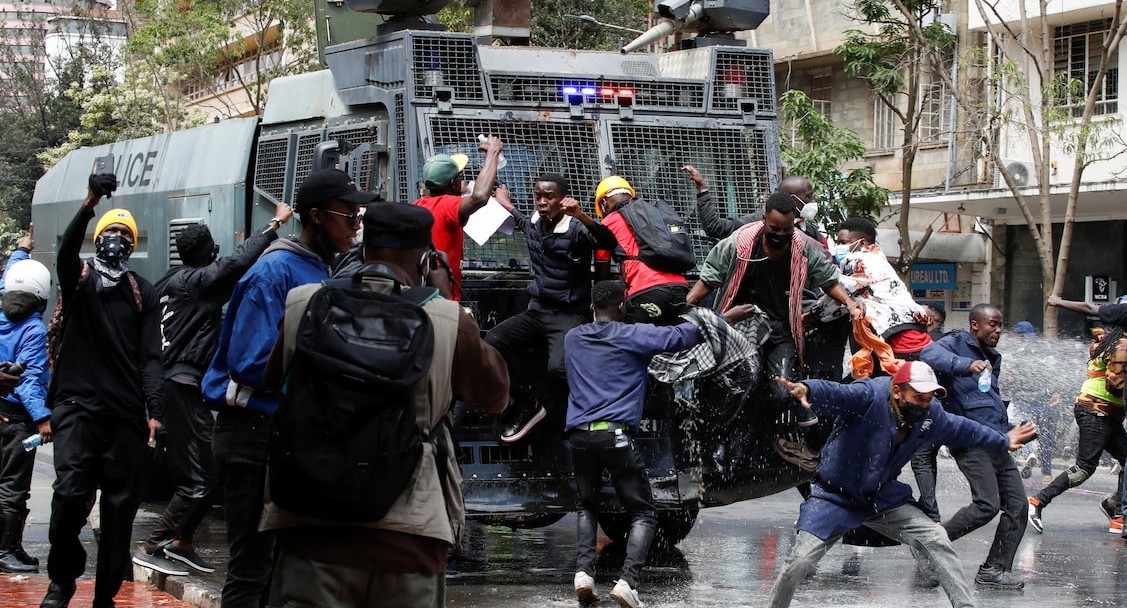
Speaking before the committee chaired by Narok North MP Gabriel Tongoyo, NPSC legal director James Nduna emphasised the need to separate noise from demonstrations.
Protesters could soon be barred from making noise, including blowing vuvuzelas, whistling, or playing loud music during demonstrations if amendments to the Public Order Act proposed by the National Police Service Commission (NPSC) are implemented.
The commission presented the proposed Demonstration Bill, 2024, to the National Assembly Committee on Administration and Internal Security, arguing that noise should not be part of demonstrations.
More To Read
The commission's legal director, James Nduna, told the committee that noise from demonstrators not only disrupts non-participants but also attracts more people to join protests.
He referenced Article 37 of the Constitution, which grants the right to peaceful assembly, demonstration, picketing, and petitioning of public authorities, stressing the need for a balance.
"Those of us who have been to the USA realise that there is minimal noise. It's not that there are no demos there; there might be 20 demonstrations going on at the same time but you will rarely hear any noise," Nduna said.
Speaking before the committee chaired by Narok North MP Gabriel Tongoyo, Nduna emphasised the need to separate noise from demonstrations.
"There must be a way of ensuring that a group does not hire a DJ to entertain people in town under the guise of holding a demonstration," he said.
The commission's Chief Executive Officer Peter Lelei echoed the concerns, stating that the country struggles with maintaining peaceful demonstrations.
He called for a discussion on how protests are conducted to ensure order and minimise disruptions.
Unconstitutional
Early this month, The High Court struck down the decision by Inspector-General of Police Douglas Kanja to ban anti-government protests in Nairobi's central business district, declaring it unconstitutional.
The court also overturned the requirement that protests must have a designated leader, calling it an unlawful restriction on fundamental rights.
The ban, introduced in response to youth-led protests that erupted in June 2024, had been justified by Kanja who said criminal gangs had infiltrated the demonstrations.
He argued that lacking a designated leader made it challenging for police to enforce safety measures and protect public order. Kanja further cited intelligence reports suggesting that organised criminal gangs were planning to exploit the protests for violent acts, including looting.
However, Katiba Institute, a civil society group, challenged the ban, arguing that it violated citizens' constitutional right to protest.
The court agreed with the petitioners, ruling that the police had no legal authority to impose such blanket restrictions on the right to assemble.
"A declaration be and is hereby issued that the proposed limitation on the right to protest was a blanket and omnibus one and does not meet the constitutional test. The press statement issued by the police inspector-general was unconstitutional as it restricted the enjoyment of a constitutional right till further notice," Justice Bahati Mwamuye declared.
Top Stories Today
